Question And Answer
Publications
Articles, publications, books, tools and multimedia features from the U.S. Institute of Peace provide the latest news, analysis, research findings, practitioner guides and reports, all related to the conflict zones and issues that are at the center of the Institute’s work to prevent and reduce violent conflict.
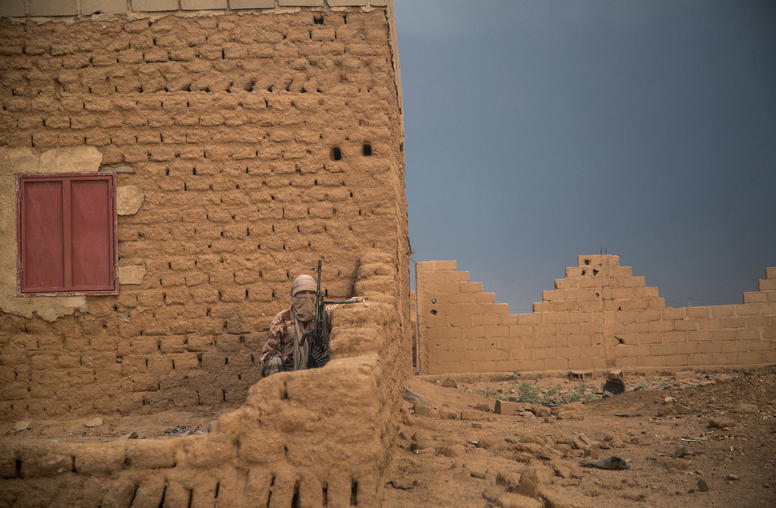
Community-Based Armed Groups: A Problem or Solution?
The RESOLVE Network’s multiyear research on Community-Based Armed Groups (CBAGs) has established critical findings for the international community on how to engage, manage and transform violent actors in conflict-affected states. While mitigation efforts tend to target anti-state extremist organizations, understanding the behavior of CBAGs is essential for comprehending complex conflict ecosystems and reassessing approaches toward peace and stability.
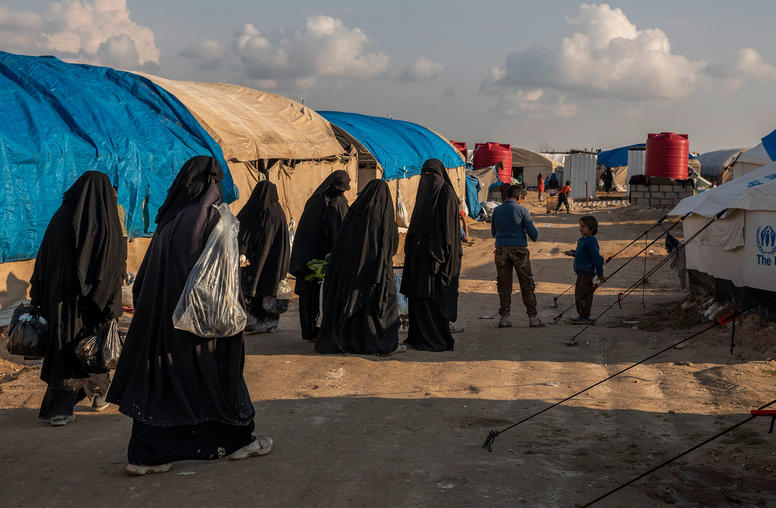
What Will Become of Iraqis in Al-Hol?
The al-Hol camp in northeast Syria—which holds tens of thousands who were living among ISIS before its territorial defeat—has presented the region and international community with a host of thorny challenges. What to do with the camp’s residents has particularly bedeviled the Kurdish authorities who run the camp as well as the governments of countries where residents came from. On October 5, Kurdish authorities said they would release the Syrians in the camp, where conditions have become increasingly unsustainable. But, nearly half of the camps’ 65,000 residents are Iraqis, and their prospect for return remains deeply uncertain. USIP’s Sarhang Hamasaeed discusses the situation facing Iraqis in al-Hol and the challenges ahead if they indeed return.
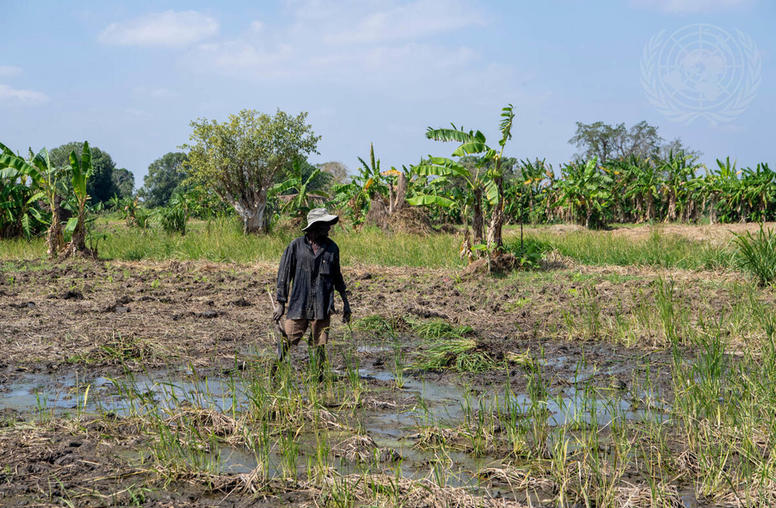
Mozambique’s Crisis Requires a New Playbook to Fight Extremism
Over the past three years, a local Islamist insurgency in the northern Mozambican province of Cabo Delgado has grown in strength and viciousness, developing ties with international terrorist groups and threatening one of the world’s largest natural gas projects. The insurgency is turning Cabo Delgado into a killing field.
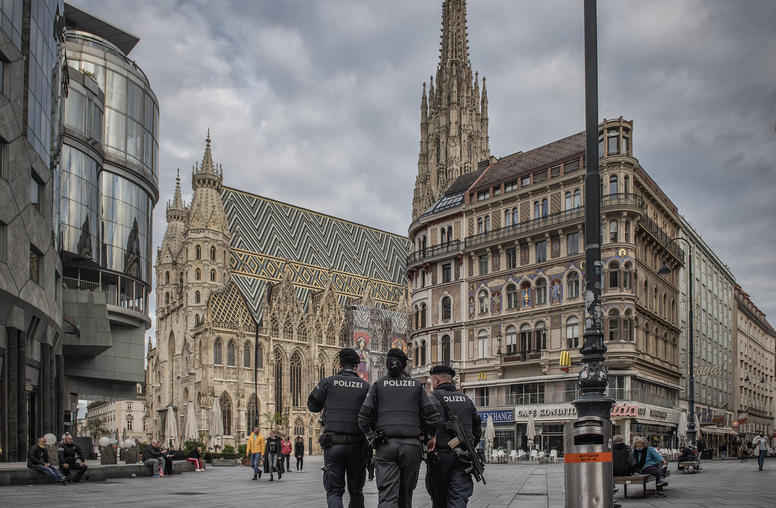
From COVID to the Caliphate: A Look at Violent Extremism Heading into 2021
Heading into 2021, the violent extremist landscape is more diverse than at any previous point in the last two decades since the start of the U.S.-led Global War on Terrorism. While that effort was almost exclusively focused on combating violent extremist organizations motivated by Salafi-jihadism, there has been a universal recognition that other forms of extremism have proliferated. Many governments and states feel completely unprepared and underequipped to deal with these new forms of extremism, which include, but are not limited to, racially and ethnically motivated terrorism, terrorism inspired by extreme misogyny, left-wing terrorism, and the rapid spread of conspiracy theories.
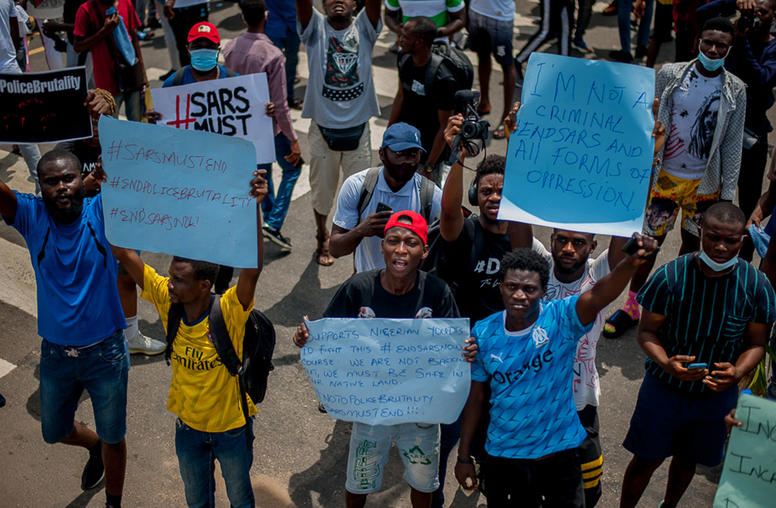
Nigeria's Security Failures: The Link Between EndSARS and Boko Haram
At first glance, the October state-led killings of protesters in Nigeria’s largest city, Lagos, seem to have little in common with the November Boko Haram massacre of at least 43 farmers in Nigeria’s northeast, or the December 11 abduction of hundreds of school students in Katsina State. With vastly different circumstances, motivations, and perpetrators—and separated by hundreds of miles—all three episodes could easily be recorded as just further tragic installments in Nigeria’s long history of violence. However, these incidents underscore the wider failure of the state to provide security for its citizens, only deepening the trust deficit felt by Nigerians.
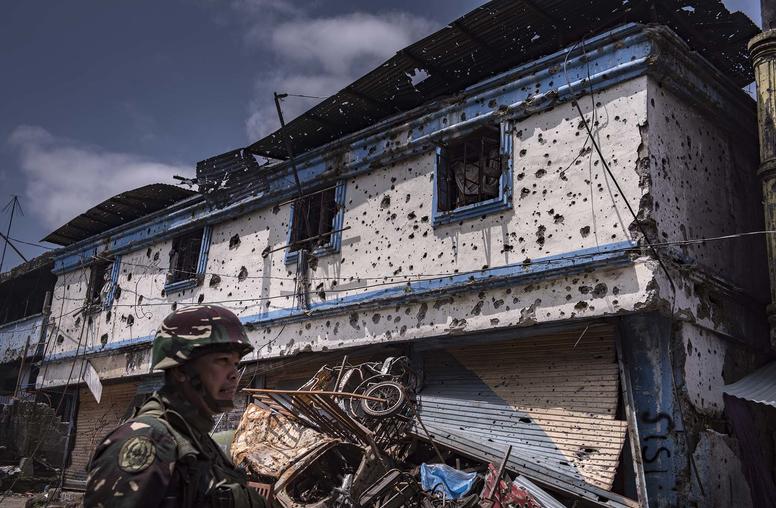
2020 Trends in Terrorism: From ISIS Fragmentation to Lone-Actor Attacks
In the past five years, terrorist attacks have declined notably around the globe. While this is certainly good news—particularly in the 20th year of the so-called global war on terror—terrorism remains a pervasive threat. Despite declines in its prevalence, the scale of the challenge posed by terrorism and the violent ideologies that underpin it is still immense and the mechanisms by which to address it remain complex and in need of further coordination on a global scale. What trends did we see in 2020? And how can those trends inform policy to counter violent extremism?
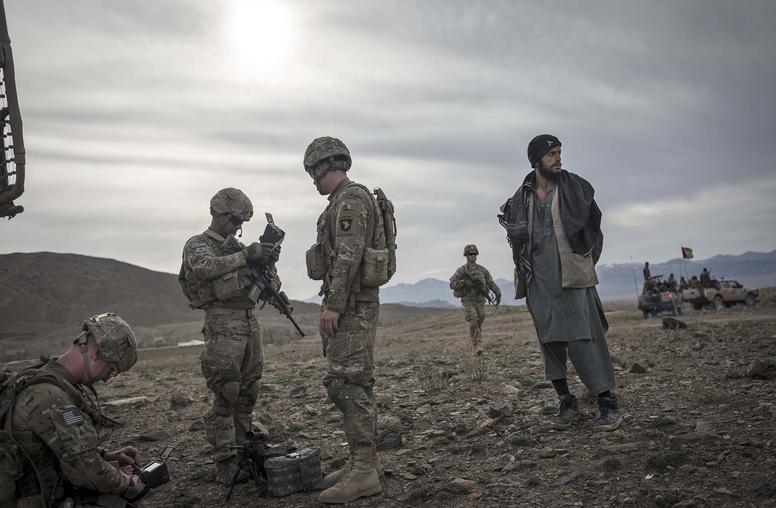
Afghanistan Withdrawal Should Be Based on Progress on Peace, Study Group Says
The Biden administration should commit to the Afghan peace process but seek an extension of the May troop withdrawal deadline stipulated in the February 2020 U.S.-Taliban deal, said the bipartisan Afg
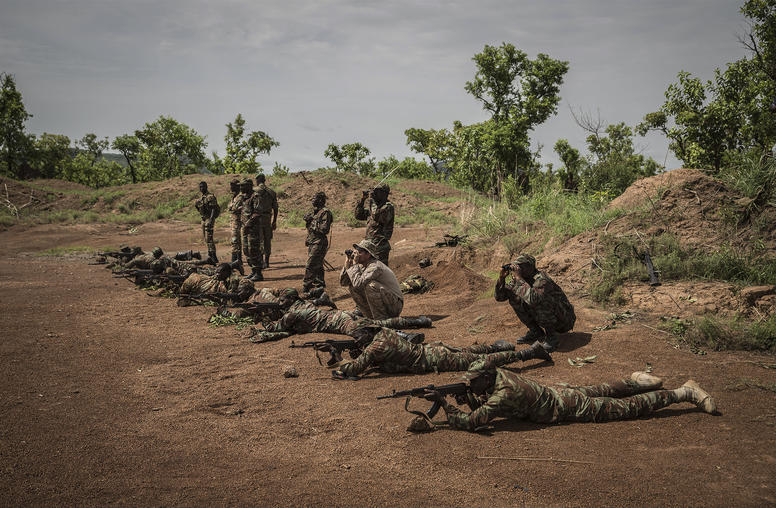
How to Advance Peace and Stability in Coastal West Africa
The U.S. government has identified stability in Coastal West Africa as a foreign policy priority, engaging five countries in particular — Benin, Côte d’Ivoire, Ghana, Guinea, and Togo — through its Strategy to Prevent Conflict and Promote Stability, which was adopted in December 2021. The strategy reflects the U.S. government’s consideration of the five countries as strategic focal points in the fight against transnational terrorism and violent extremism emanating from the neighboring Sahel region.
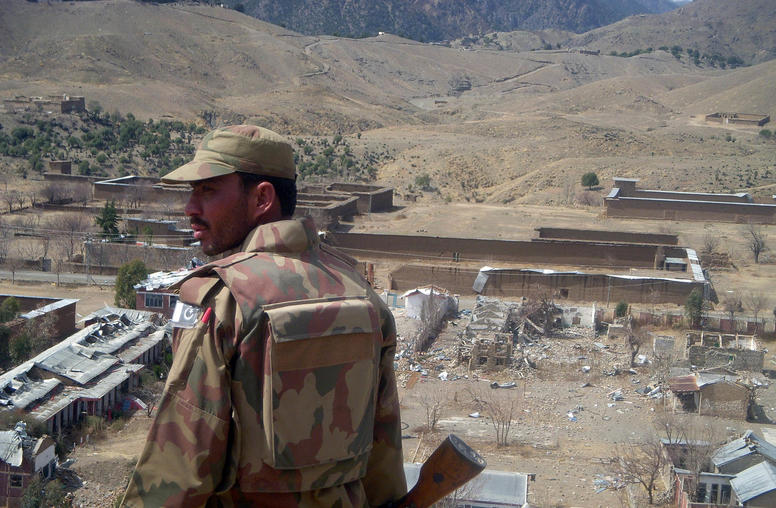
Is Pakistan Poised to Take on the TTP?
The Pakistani Taliban’s late January attack in Peshawar, the capital of Pakistan’s Khyber Pakhtunkhwa province, claimed the lives of more than 100 worshipping at a police compound mosque. The bombing was claimed by a faction of the Tehreek-e-Taliban Pakistan (TTP, also known as the Pakistani Taliban) initially, but later denied by the TTP’s central leadership. It was the group’s deadliest attack since its 2021 resurgence after the Afghan Taliban took power in Afghanistan. As Pakistan struggles with a major economic crisis, the fallout from the deadly floods of last fall and an ever-turbulent political scene, the TTP’s growing threat presents yet another challenge for the struggling nation.
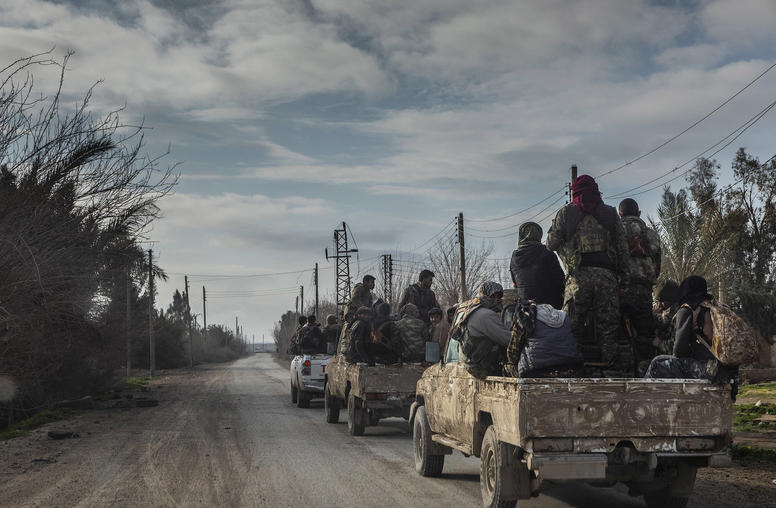
Fragile States Provide Extremists Fertile Ground to Recruit and Grow
Editor’s Note: Below are the excerpts of an interview originally published by the European Eye on Radicalization with USIP’s Mona Yacoubian about the various drivers of terrorism and constructive ways to address the phenomenon. She says the fragility of states provide an enabling environment for terrorists to operate and underscores the various ways that extremists benefit from this environment.